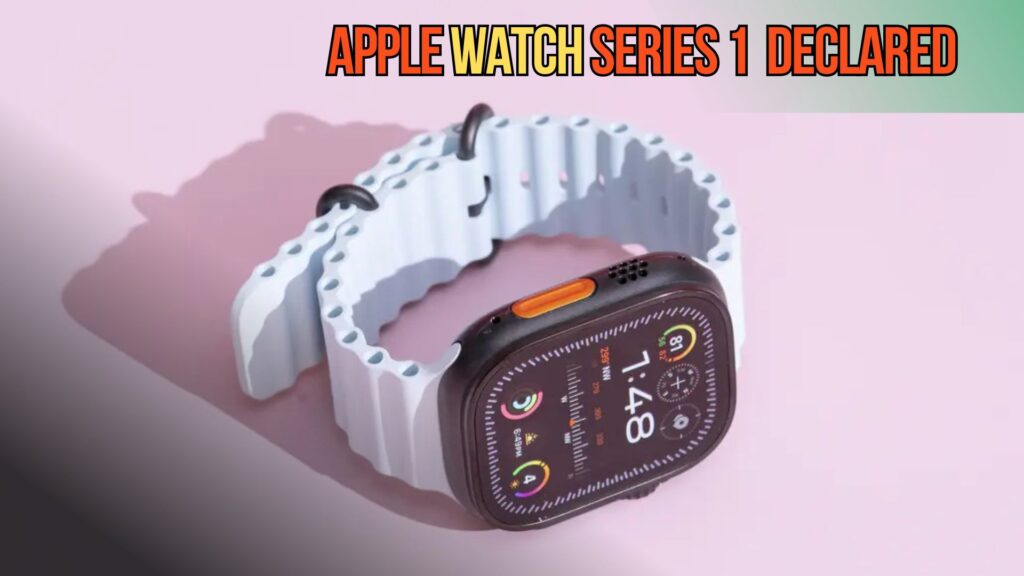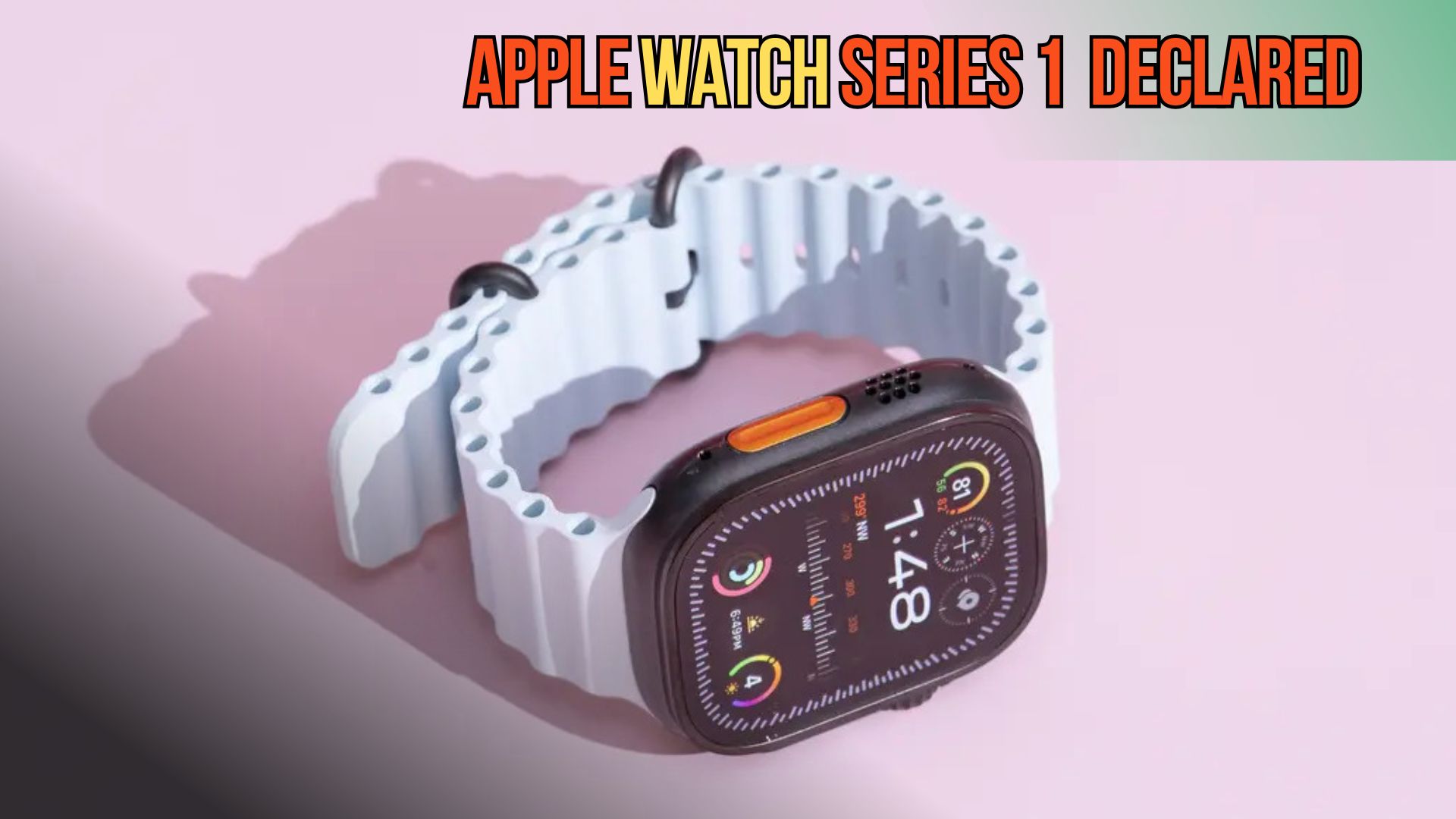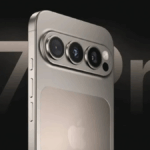Summary Table
Topic |
Details |
|---|---|
Product Affected |
Apple Watch Series 1 |
Obsolete Date |
August 2025 |
Initial Release |
September 2016 |
Discontinuation Date |
2018 |
Repair Eligibility |
No longer eligible for service by Apple or authorized service providers |
Reason for Obsolescence |
More than 7 years since discontinuation |
Vintage Status Duration |
5 to 7 years post-discontinuation |
Series 2 Status |
Already declared obsolete in 2024 |
Original Apple Watch Status |
Already obsolete |
Replacement Suggestion |
Consider newer models (e.g., Series 9 or wait for Series 11) |
Official Apple Support Link |
Apple Watch Series 1 Is Now Obsolete
If you’re still using the Apple Watch Series 1, it’s officially reached the end of its lifecycle. Apple has now added the Series 1 to its list of obsolete products, meaning it is no longer eligible for service at Apple Stores or through Apple-authorized service providers. This change significantly limits options for anyone looking to repair or maintain this model.
What Does “Obsolete” Mean?
Apple categorizes its aging devices into two categories: vintage and obsolete.
-
A vintage product is one that Apple stopped selling more than five but fewer than seven years ago. These devices may still be eligible for service and repairs, but only if parts are still available.
-
An obsolete product, on the other hand, is one that Apple stopped selling more than seven years ago. Apple discontinues all hardware support for these devices, and authorized service providers can no longer order parts.
The Apple Watch Series 1, which was discontinued in 2018, crossed the seven-year threshold in 2025 and is now obsolete.
Not the First Apple Watch
There’s often confusion about what the Apple Watch Series 1 actually is. Many assume it’s the original Apple Watch released in 2015, but that’s not accurate. Here’s a breakdown:
-
Original Apple Watch (2015): Referred to internally as “Series 0,” this was the very first Apple Watch.
-
Apple Watch Series 1 (2016): Released alongside the Series 2, this model retained the same outer design as the original but was equipped with a faster S1P chip for improved performance.
-
Apple Watch Series 2 (2016): Launched simultaneously with Series 1, this model featured more substantial improvements including built-in GPS and better water resistance.
So, while Series 1 was technically the second-generation model, it was essentially a performance upgrade of the original watch with limited new features.
Why Was the Series 2 Declared Obsolete First?
Interestingly, Apple declared the Apple Watch Series 2 obsolete in 2024 before the Series 1, even though both were released in the same year. This decision may seem puzzling but can be explained:
-
Apple discontinued the Series 2 in 2017, one year before discontinuing Series 1.
-
Obsolescence is based on discontinuation date, not release date.
-
Additionally, Apple may have exhausted parts inventory for the Series 2 sooner than for the Series 1.
These factors likely led to the earlier obsolescence of the Series 2.
What Does This Mean for Series 1 Users?
Now that the Apple Watch Series 1 is obsolete:
-
Official Apple repairs are no longer available, even for a fee.
-
Apple-authorized service centers cannot obtain parts, even if willing to service it.
-
Third-party repair shops may still offer repairs, but they will rely on unofficial parts or salvaged components.
-
No software updates: Apple stopped updating watchOS for Series 1 several years ago, leaving it vulnerable to bugs and security risks.
If your Series 1 is still functioning, you can keep using it—but if it breaks, you’ll be limited in options.
Time to Consider an Upgrade?
With the Apple Watch Series 11 expected to launch soon, this might be the ideal time to upgrade your smartwatch. Apple is also continuing to support newer models like the Apple Watch SE (2nd generation) and Apple Watch Series 9, which offer:
-
Faster and more efficient chips
-
Longer battery life
-
Advanced health features (ECG, blood oxygen monitoring, etc.)
-
Compatibility with the latest watchOS updates
Waiting for the next generation could also offer better trade-in deals and longer software support.
FAQs
1. What does Apple mean by “obsolete”?
A. An obsolete product is one that Apple stopped selling more than seven years ago. Apple no longer provides any hardware service or parts for such products.
2. Can I still get my Apple Watch Series 1 repaired?
A. Not through Apple or its authorized service providers. You might find unofficial repair shops, but they’ll use third-party parts.
3. Is the Series 1 the same as the original Apple Watch?
A. No. The original Apple Watch came out in 2015. The Series 1 launched in 2016 as a budget option with an improved processor.
4. Why did the Series 2 become obsolete before the Series 1?
A. Although both were released in 2016, Apple discontinued the Series 2 earlier in 2017, while Series 1 was sold until 2018. Obsolescence depends on the discontinuation date.
5. Should I upgrade now or wait for the Apple Watch Series 11?
A. If your current watch still works and meets your needs, it may be worth waiting for the Series 11, expected to launch in Fall 2025.
Official Apple Link for Obsolete Products
For the most accurate and updated list of vintage and obsolete Apple products visit
For More Information Click Here







